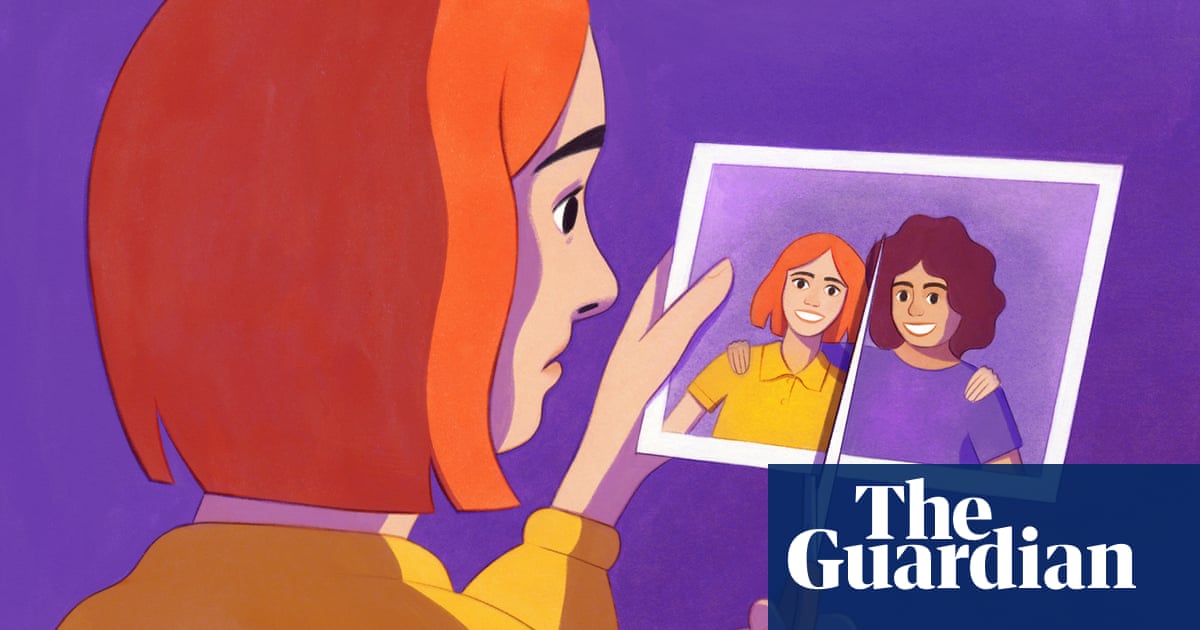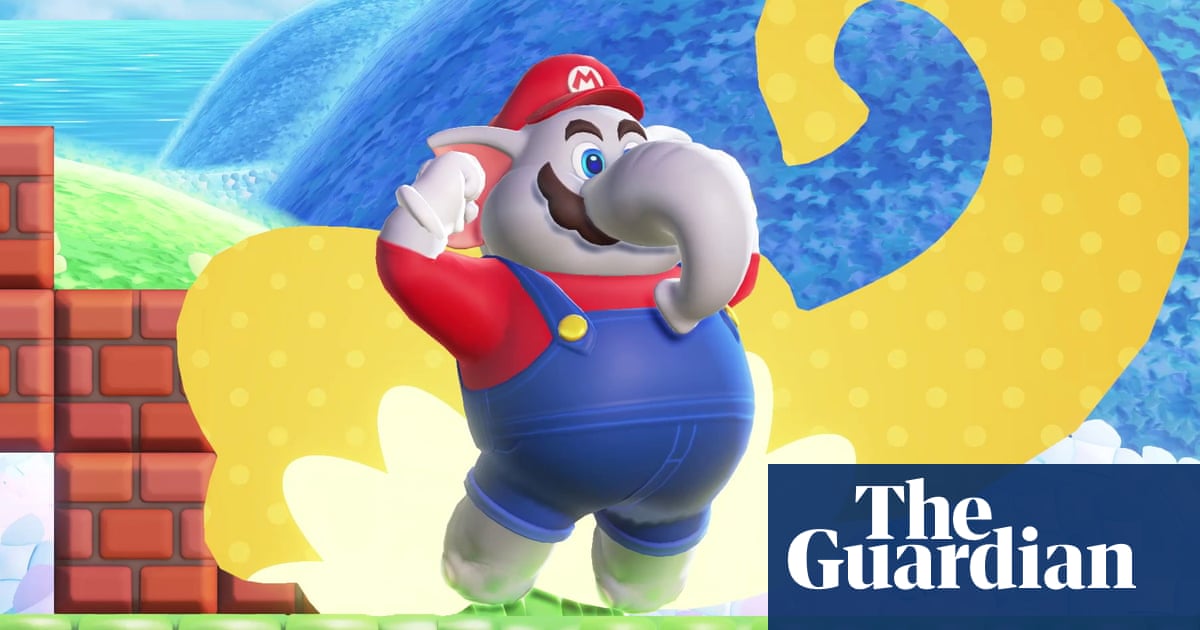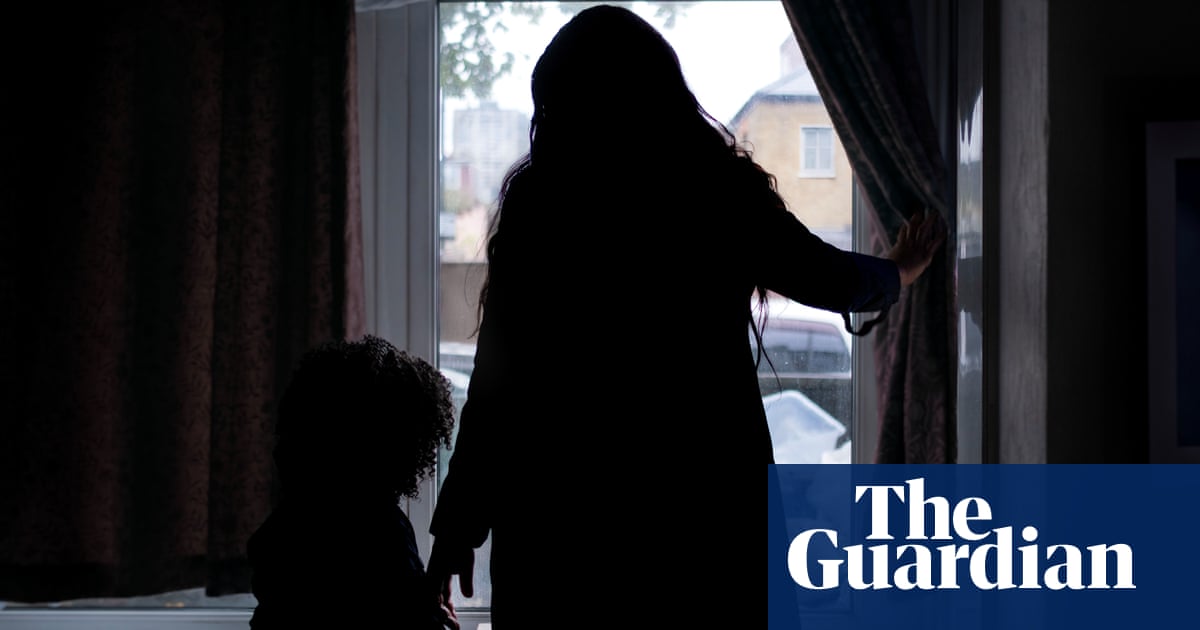
Nine years ago, Uzo Aduba had a Sliding Doors moment. She decided to give up acting, mere hours before landing her life-changing role. “I made my mind up to quit on Friday 14 September 2012,” she recalls, the date etched on her memory. “I was planning to call my agent on the Monday and tell them ‘I’m done, I’m not doing this any more.’ But at 5.43pm that evening, I got the call to come and play Suzanne “Crazy Eyes” Warren in Orange Is the New Black. It was nuts. It always makes me think of that line from The Godfather Part III: ‘Just when I thought I was out, they pull me back in.’”
Thank goodness they did, because the 40-year-old has since become a triple Emmy-winner. Born in Boston to Nigerian parents, Uzoamaka Aduba studied classical singing at university before becoming an actor. After a decade of acclaimed stage work and TV bit-parts, she eventually broke through to win multiple awards for the Netflix prison hit Orange Is the New Black. More followed last year for her turn as trailblazing US politician Shirley Chisholm in the Hulu/BBC series Mrs America.
Aduba now stars in the reboot of HBO’s psychotherapy drama In Treatment. When the critically lauded series – adapted from Israeli creation Be’Tipul – first aired between 2008 and 2010, Gabriel Byrne starred as a Baltimore shrink. Now it’s been revived with Aduba taking over the lead role as Los Angeles-based therapist Dr Brooke Taylor and last week she was Emmy-nominated for her performance in the drama.
She sees three patients in one episode apiece per week, either over Zoom or at her swish mid-century Baldwin Hills home (after the pandemic closes her office building). Every fourth instalment ends the week by switching the focus to Brooke herself. No spoilers, but she’s got troubles of her own.
What drew you to your In Treatment role?
Based on a chat with the showrunners and the scripts they sent over, it was an immediate yes. I understood the gap between Brooke’s front-of-house professional life and her behind-the-scenes personal life. I also understood her experience trying to navigate through pain and loss.
We learn that Brooke has lost a parent… that must have felt raw, after your own mother Nonyem’s death from cancer last November. How did portraying her grief affect you?
I actually found it very healing and therapeutic. My mom was the closest person I’ve ever lost, so I didn’t know how my grief would manifest. What I know now, with some distance, is that this project came into my life at the exact right time. I was able to find a place to put my pain, and work through it. I came out the end of it feeling, well… I won’t say weightless, but certainly lighter.
The show has been off-air for 11 years. Why reboot it now?
It felt like the right time. Globally, we’ve gone through a collective trauma of sorts. We’ve lived through a once-per-century global pandemic and what lockdown does to the body, mind and spirit. Add in the public conversations about mental health that we’re having now and it makes an impactful point at which to bring it back.
It was filmed under Covid restrictions. The script also explicitly references the pandemic. Was that important?
It was key, partly because the number of people seeking therapists is at an all-time high. There was an absurd uptick during the pandemic. The need to talk to someone is obviously there. To not include it would have been ignoring the elephant in the room.
Is it helpful in terms of reducing stigma around mental health to see people of colour playing therapists and patients on-screen?
I think so. That stigma still exists across the board, but more so in marginalised groups. Participation on either side, as doctor or patient, is far lower. It’s important to see someone of colour both in the chair as the doctor, and on the metaphorical couch as the patient, too. It allows people of colour to consider outlets other than just the church as somewhere to seek advice and counsel.
Dr Brooke does a lot of sitting very still and listening. Did you practise your listening face in a mirror?
[Laughs] No, but I had decades observing my mom. She was a social worker and an incredible listener. When you talked to her, she always stopped what she was doing. She’d turn off the TV, put down the book, whatever, and give you her undivided attention, eyes and ears laser-focused. I remember as a kid, clocking that and admiring it – the difference between listening and feeling heard. That’s what I tried to do with Dr Brooke and her patients. I didn’t want so much as a whistle or a pin-drop to interrupt her hearing them.
Have you had therapy yourself?
I was in therapy before I started this show and still am now. I’d take my session during lunchbreaks from filming, which was very meta.
How did In Treatment change your attitude towards your own therapy?
It definitely gave me deeper respect for the job. I always knew my therapist had other clients, of course, but feeling the weight of my own day with these fictitious clients made me think: “Wow, this is how your day begins and ends.” It’s filled with holding other people’s pain, suffering, trauma, joy, whatever – while simultaneously keeping stock of your own. That’s a heavy job.
Brooke’s beautifully designed home will be a major talking point. Do you share her taste?
I do, actually. Funnily enough, you know the sofa the patients sit on? I have that exact same sofa, right down to the fabric colour. There are other elements of the decor that I’ll certainly be borrowing.
She serves some strong looks too.
L-e-w-k-s, you mean [laughs]. Yes, our costume designer, Tiffany Hasbourne, did an incredible job creating a juxtaposition between Brooke’s personal life, which is unravelling, and her clothes. She makes a huge effort to put herself together. That’s especially pertinent at the moment, I think. Emerging from lockdown, we know that nobody was putting on lipstick, earrings and doing their hair every day. We were all in sweatpants. Her clothes illustrate her desire to appear perfect, to look OK when she’s entirely not OK.
You’re best known for ensemble shows. Did you feel ready to lead your own star vehicle?
It was pressure but cool pressure. I had the great privilege of learning the ropes on Orange for seven years as part of an ensemble. Then on Mrs America, Cate Blanchett – Cate the Great, as I call her – was a born leader. She was a force of nature in the hot seat and I learned so much from watching her.
Shirley Chisholm was the first black woman elected to Congress and first black candidate to run for the presidential nomination. Did you feel a big responsibility playing such an important figure?
Absolutely. Obviously, I never had the opportunity to meet her [Chisholm died in 2005], but I watched documentaries, read books by and about her, and listened to a lot of her speeches before stepping into her shoes. And her wig.
Have you sensed a change in mood since the Biden administration?
It’s tricky to tell amid the pandemic. What I hope is that when the world opens back up, we also open up mentally. True leadership isn’t only about intelligence and experience, it’s an ability to bring people together. It’s early days, but that will hopefully be among this administration’s legacies.
Your In Treatment character mentions her “creeping existential dread” over the past year. What kept you sane?
It was challenging, but I was sort of living “the new normal” pre-pandemic anyway, with everything that was going on with my mom. I took joy in slowing down and spending time with family. I have a lovely dog called Fenway. Mr Fenway Bark, to give him his full name. He helped a lot.
What cultural things did you enjoy during lockdown?
I fell in love with Kate Hudson’s Sibling Revelry podcast. I watched the same TV as everyone, I think: Tiger King, The Queen’s Gambit, the Ruth Bader Ginsburg doc, the Hillary doc. I May Destroy You was super-dope. Michaela Coel is a genius, I think… an incredible artist and talent.
What will be the first thing you’ll do in a newly Covid-free world?
Go overseas. I can’t wait to travel again. I’m looking forward to going to Nigeria, to Egypt, to having some food in Rome. And I love London so much, you don’t even know.
You’ve won many awards. Where do you keep them?
I’ve just moved from New York to California and I’m still in the process of organising my office, but they’re sitting on a shelf in there. I look at them and go: “Holy shit, that’s crazy.”
Would you like to use your singing talents more in your work?
I’d kill to sing again. I practise every day. In fact, I have a vocal lesson in a couple of hours.
You were a college athlete. Do you still run?
I’ve gotten back into it this summer. I’ve been both running and biking, which is new for me. I took a spin class this morning, actually. Coming out of lockdown, I’m trying to return to the things that brought me peace and happiness in the past. Fitness always did, so I’ve been carving out that me-time again and loving it.
You’ve invested in a National Women’s Soccer League team, Angel City FC. What inspired that?
Natalie Portman asked if I’d be interested and I said yes immediately. I love women’s sports. I love anything that supports, uplifts and inspires women. The idea of LA having a new team made me so excited. My niece is a big footballer, so I was like: “This is for her.”
You were slated to play Aunty Uju in a TV adaptation of Chimamanda Ngozi Adichie’s novel Americanah. What’s happened to that?
Good question. I think the project is still finding its space. I can’t answer that, so I’ll stop talking there.
What projects are in the pipeline?
There are roles coming up but I can’t talk about them yet. Let’s just say I’m looking forward to coming home – in a lot of different ways. Is that mysterious and enigmatic enough?
All episodes of In Treatment season four will be available on streaming services Now and Sky Atlantic from Monday 19 July












